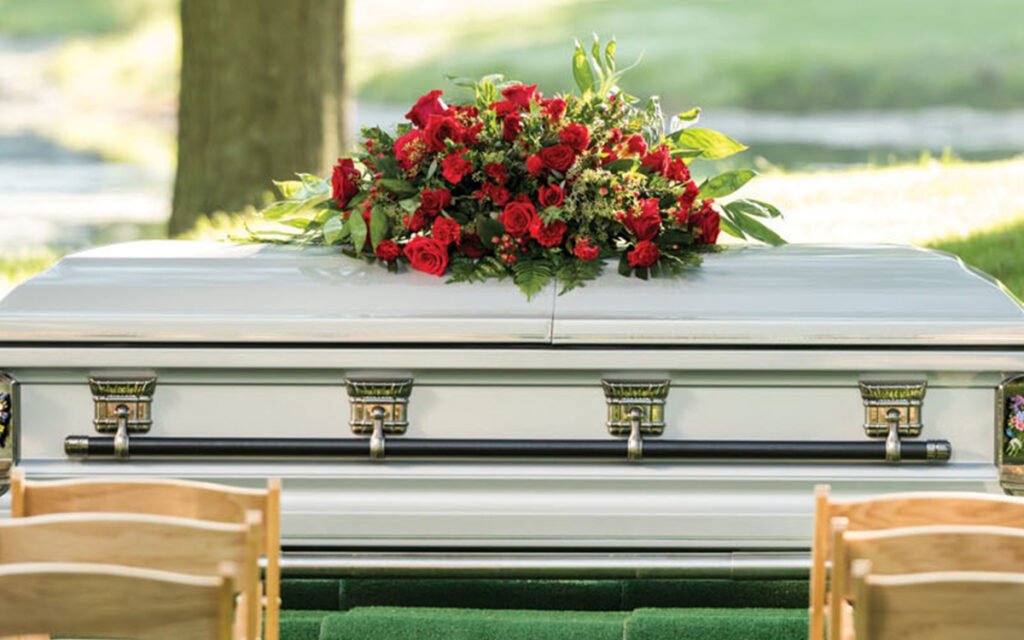Coffins serve as both functional vessels and cultural symbols, shaped by religious beliefs, historical customs, and practical considerations. This expanded exploration addresses four new questions about coffin usage—spanning Islamic burial practices, military rituals, decomposition processes, and shared interments—while integrating themes of solid wood coffin custom craftsmanship, custom wood coffins, and solid wood casket durability.

Do Muslims Use Coffins?
In traditional Islamic burial practices, coffins are generally not used. Muslim funerals prioritize simplicity and a swift return of the body to the earth. The deceased is typically wrapped in a plain white shroud (kafan) and placed directly into a grave, aligned with the Quranic emphasis on humility and equality in death.
However, exceptions exist based on regional laws or environmental needs:
Legal requirements: In some Western countries, coffins may be mandated for hygiene or soil stability. Families might opt for a solid wood casket with minimal decoration to comply with regulations while respecting religious principles.
Environmental adaptations: In flood-prone areas, a biodegradable custom wood coffin made of untreated pine or bamboo may be used to protect the body temporarily while allowing natural decomposition.
This flexibility highlights how solid wood coffin custom designs can bridge cultural traditions and modern legal frameworks.
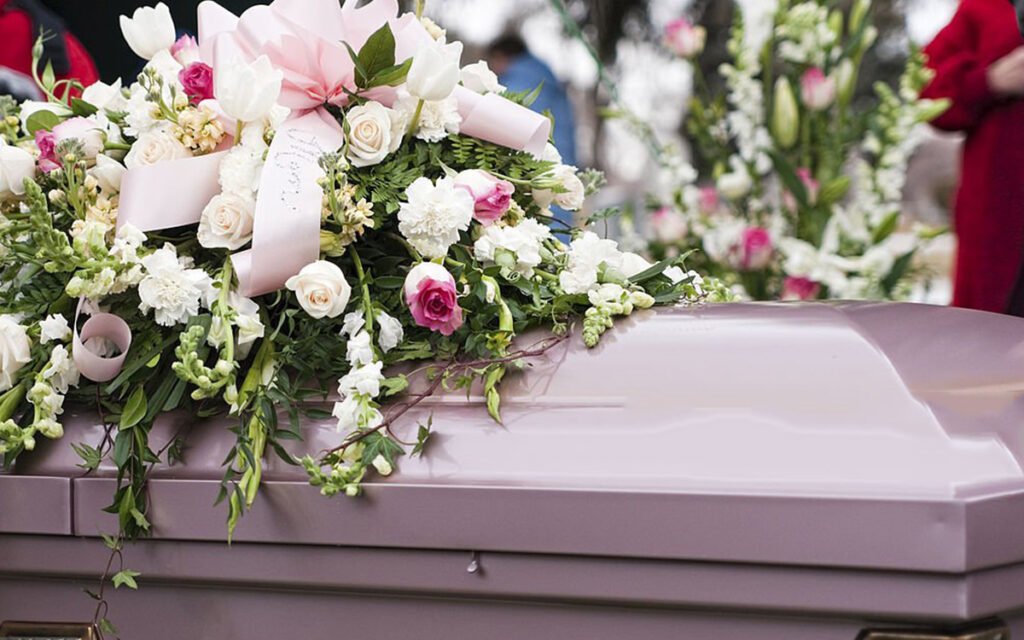
What Do Soldiers Punch into Coffins?
Military funerals often include symbolic gestures to honor fallen service members. One poignant ritual involves soldiers “punching” or placing ceremonial items into the coffin:
Challenge coins: Medallions representing the soldier’s unit, rank, or achievements are tucked inside custom wood coffins as tokens of brotherhood.
Dog tags: A second set of identification tags may be left with the body, while the primary set is retained by the family.
Flags: While not placed inside, folded national flags drape solid wood caskets during processions, later presented to next of kin.
These acts blend personal remembrance with institutional pride, often reflected in custom wood coffins engraved with regimental insignia or patriotic motifs.
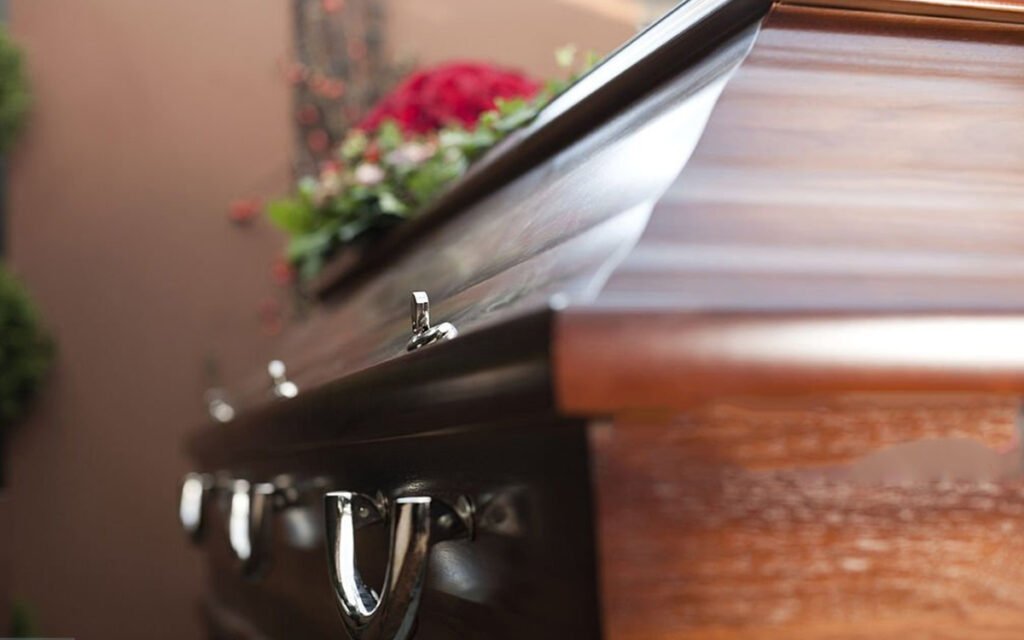
What Is Left in a Coffin After 50 Years?
The longevity of coffin contents depends on materials, burial environment, and coffin type:
Metal caskets: Sealed steel or bronze coffins slow decomposition, potentially preserving clothing and skeletal remains for decades. However, anaerobic bacteria may cause body tissues to liquefy into a sludge.
Solid wood caskets: Untreated solid wood coffin custom designs (e.g., pine, paulownia) decay within 10–20 years in moist soil. After 50 years, only non-organic items like metal jewelry or ceramic burial tokens might remain.
Eco-friendly coffins: Biodegradable custom wood coffins made of willow or cardboard disintegrate within 3–5 years, leaving bones to merge with the soil.
In arid climates, natural mummification can occur, preserving skin and hair even in basic solid wood caskets.
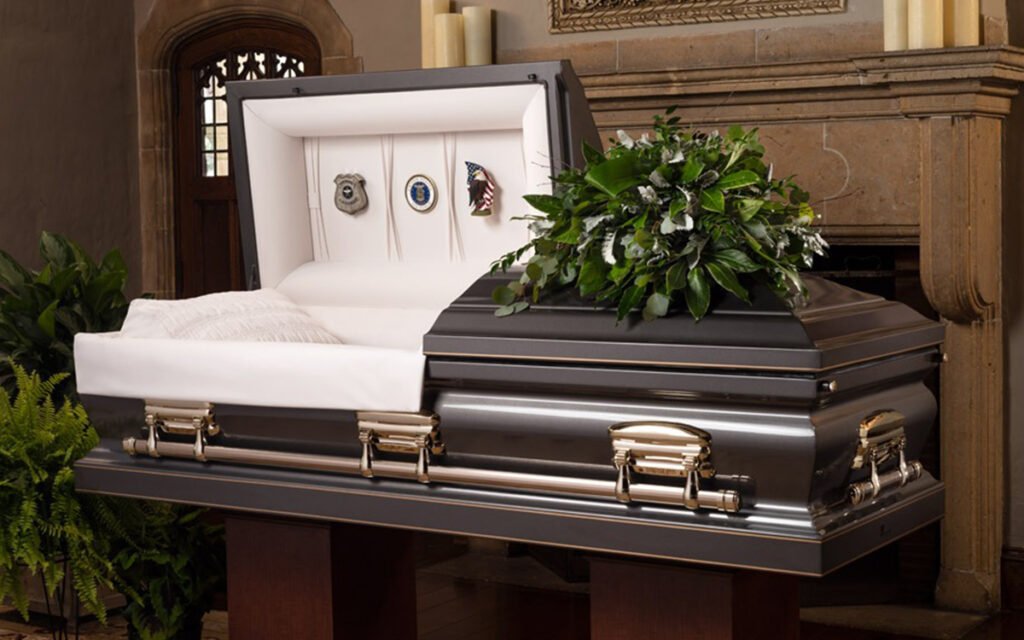
Can You Put 2 Bodies in a Coffin?
Joint burials in a single coffin are rare but possible under specific circumstances:
Cultural practices: Some Indigenous and ancient traditions bury mothers with infants or spouses together in custom wood coffins designed for dual occupancy.
Economic necessity: During epidemics or wars, mass burials may involve multiple bodies in larger solid wood casket containers, though this is increasingly uncommon.
Legal restrictions: Most countries prohibit dual burials in public cemeteries unless the coffin is explicitly designed and permitted for two individuals. Exceptions may apply to cremated remains, which can be mixed in a single urn.
Ethical and logistical challenges—such as ensuring dignity and managing decomposition rates—make shared coffins a sensitive topic, often requiring bespoke solid wood coffin custom solutions.

The Intersection of Tradition and Modernity
The evolution of coffin use reflects shifting societal values:
Religious adaptation: Muslim communities in non-Islamic countries balance faith with local laws by selecting minimalist solid wood caskets.
Military commemoration: Custom wood coffins with laser-etched service details cater to armed forces’ need for honor and personalization.
Environmental science: Decomposition studies inform solid wood coffin custom material choices, such as untreated paulownia for green burials.
Yet, universal themes endure: coffins remain vessels of respect, whether holding a soldier’s challenge coin, a biodegradable shroud, or the intertwined remains of loved ones.
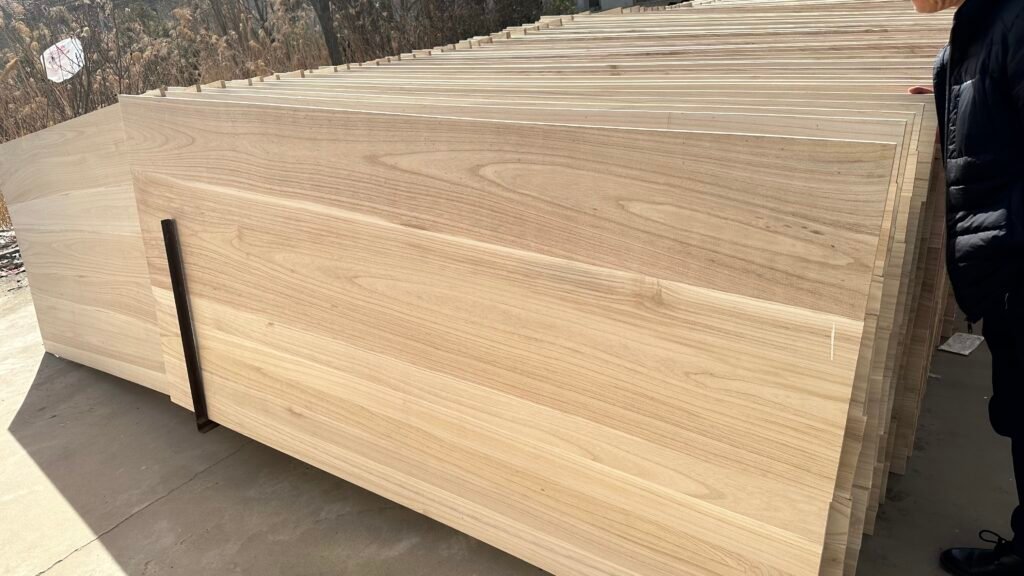
Conclusion: Coffins as Mirrors of Human Values
From the Islamic preference for simplicity to the military’s ceremonial punches, coffin practices reveal humanity’s diverse approaches to mortality. Innovations like custom wood coffins and biodegradable solid wood casket designs coexist with ancient rituals, proving that even in death, cultural identity and personal legacy matter. As we navigate legal, environmental, and ethical complexities, the coffin—whether holding one or two, decaying swiftly or lasting centuries—remains a testament to how we honor life’s final chapter.

